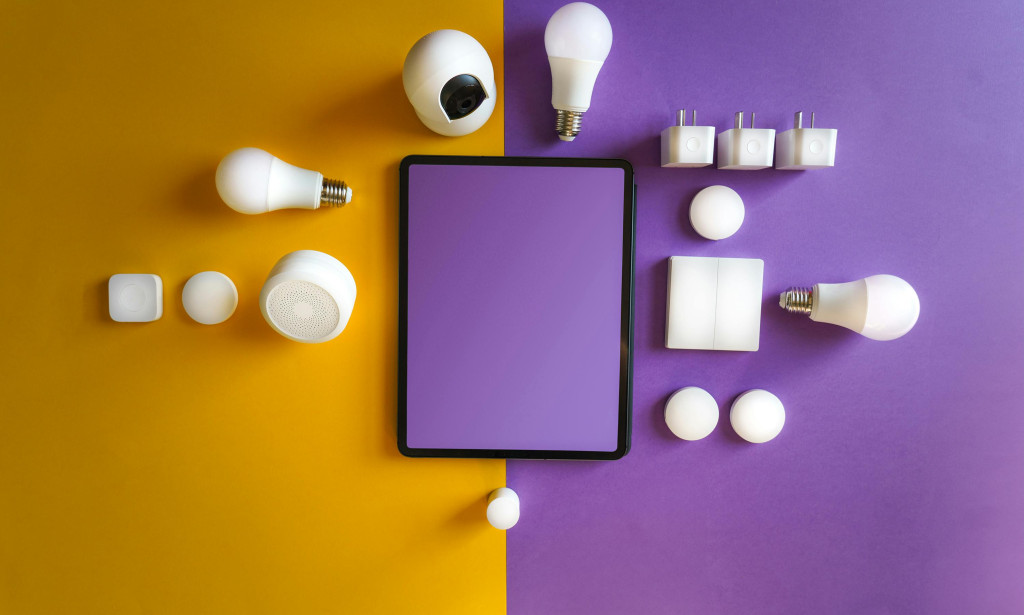[ad_1]
5 Interesting Facts About the Internet of Things (IoT) That Everyone Should Know
The Internet of Things (IoT) is transforming the way we live, work, and interact with technology. By connecting everyday objects to the internet, IoT allows for unprecedented levels of automation, efficiency, and data collection. Here are five interesting facts about IoT that everyone should know.

1. IoT Devices Are Everywhere
IoT devices are more common than you might think, and they’re rapidly growing in number. From smart thermostats and wearable fitness trackers to connected refrigerators and industrial sensors, IoT devices are embedded in many aspects of daily life and industry. By 2025, it’s estimated that there will be over 75 billion IoT devices worldwide.
2. IoT Enhances Smart Cities
IoT is a key driver behind the development of smart cities, where connected devices are used to manage urban infrastructure more efficiently. IoT applications in smart cities include intelligent traffic management, energy-efficient street lighting, waste management, and air quality monitoring. These technologies help reduce resource consumption, lower costs, and improve the quality of life for residents.
3. IoT Improves Healthcare
The healthcare industry has embraced IoT with the advent of connected medical devices and wearable health monitors. These devices allow for remote patient monitoring, real-time health data collection, and even automated medication reminders. IoT in healthcare improves patient outcomes, enables personalized treatment, and helps reduce the burden on healthcare systems.
4. IoT Powers Industrial Automation
In the industrial sector, IoT is revolutionizing manufacturing and supply chain management. Known as the Industrial Internet of Things (IIoT), this technology enables real-time monitoring of machinery, predictive maintenance, and improved efficiency in production lines. IIoT helps companies reduce downtime, optimize processes, and make data-driven decisions.
5. IoT Raises Security and Privacy Concerns
While IoT offers many benefits, it also raises significant security and privacy concerns. Connected devices can be vulnerable to hacking, leading to potential breaches of personal data and even control over critical systems. Ensuring robust security measures and safeguarding user privacy are essential as IoT continues to expand.
FAQs About the Internet of Things (IoT)
What is IoT?
The Internet of Things (IoT) refers to a network of physical objects connected to the internet, allowing them to collect, share, and act on data.
How does IoT work?
IoT devices are equipped with sensors, software, and connectivity, enabling them to communicate with each other and send data to the cloud for analysis and action.
What are examples of IoT devices?
Examples include smart home devices like thermostats and lights, wearable fitness trackers, connected cars, and industrial sensors.
What are the benefits of IoT?
IoT provides increased efficiency, automation, real-time monitoring, and data-driven insights across various industries, improving convenience and productivity.
Are there risks associated with IoT?
Yes, IoT devices can be vulnerable to cyberattacks, and there are concerns about data privacy and the potential for unauthorized access.
How is IoT used in healthcare?
IoT is used in healthcare for remote patient monitoring, wearable health devices, and smart medical equipment that provides real-time data to healthcare providers.
What is a smart city?
A smart city uses IoT technology to enhance urban services like traffic management, energy use, and public safety, making cities more efficient and livable.
How does IoT impact industries?
In industries, IoT enables predictive maintenance, improves supply chain efficiency, and allows for real-time monitoring and automation of industrial processes.
What is the future of IoT?
The future of IoT includes more interconnected devices, advancements in AI and machine learning integration, and increased adoption in smart cities and industries.
How can I secure my IoT devices?
To secure IoT devices, use strong passwords, regularly update software, avoid public Wi-Fi for sensitive tasks, and ensure devices are from reputable manufacturers.
Conclusion
The Internet of Things is reshaping the world in ways that were once unimaginable. From making our homes smarter to revolutionizing industries and healthcare, IoT offers vast potential. However, as with any technology, it comes with challenges, particularly in security and privacy. Understanding these aspects can help us better harness the power of IoT while mitigating its risks, paving the way for a more connected and efficient future.
[ad_2]

Leave a Reply